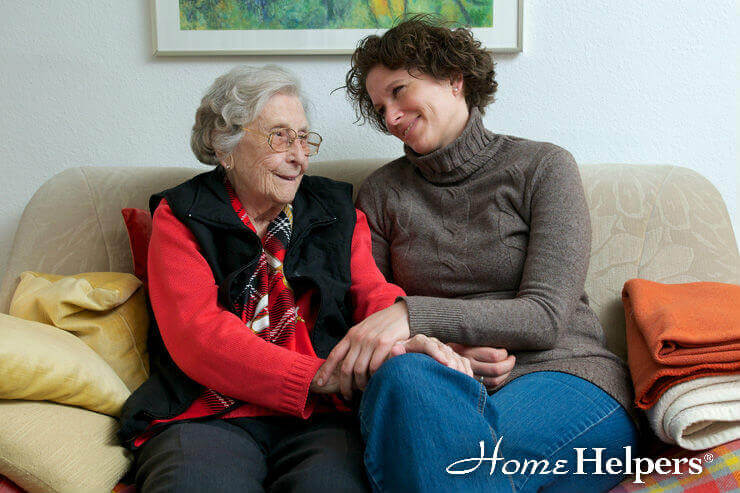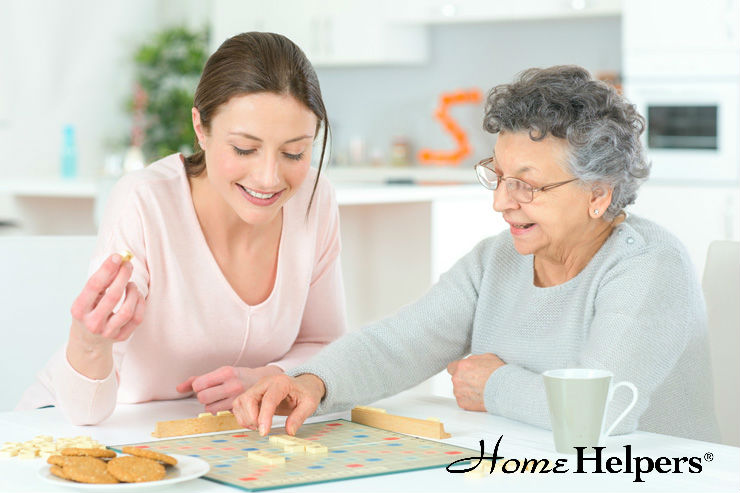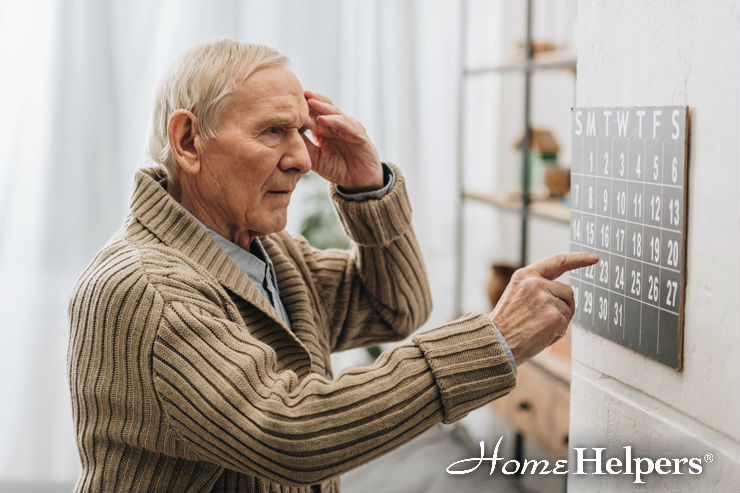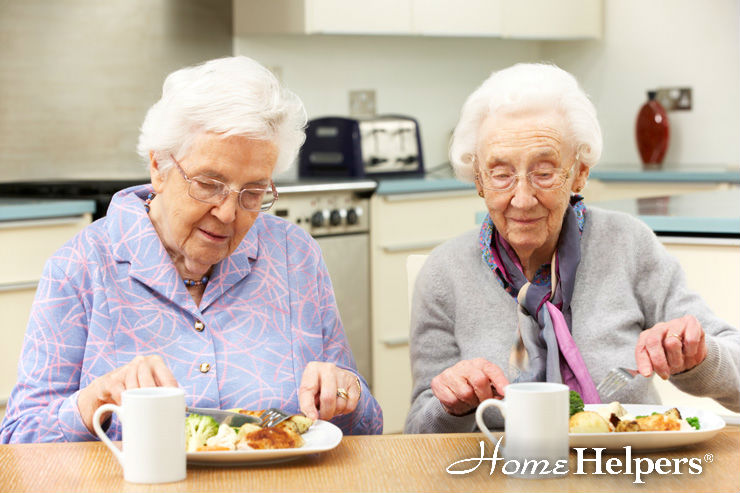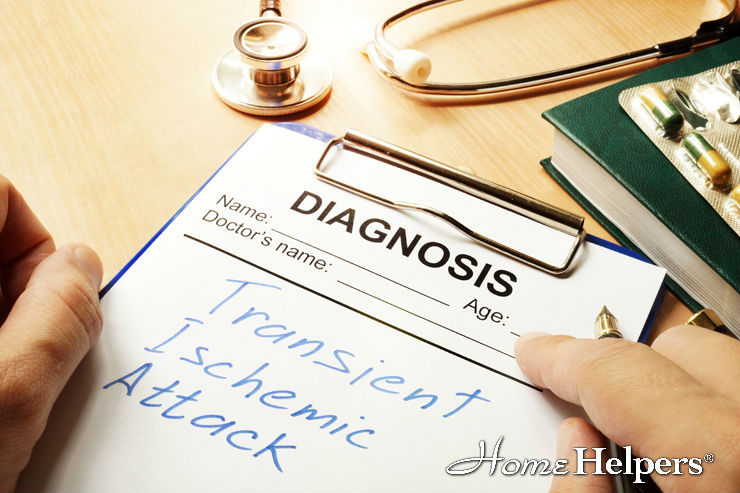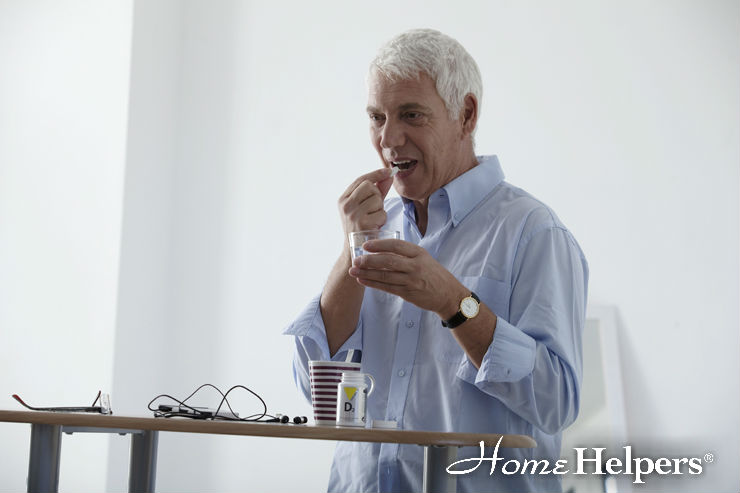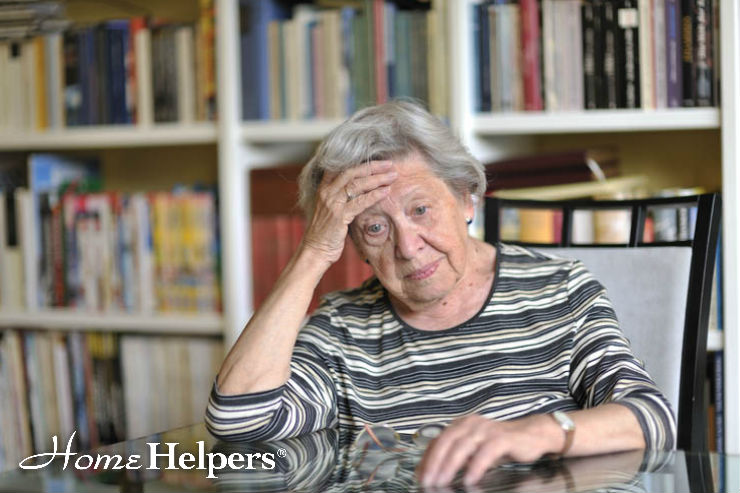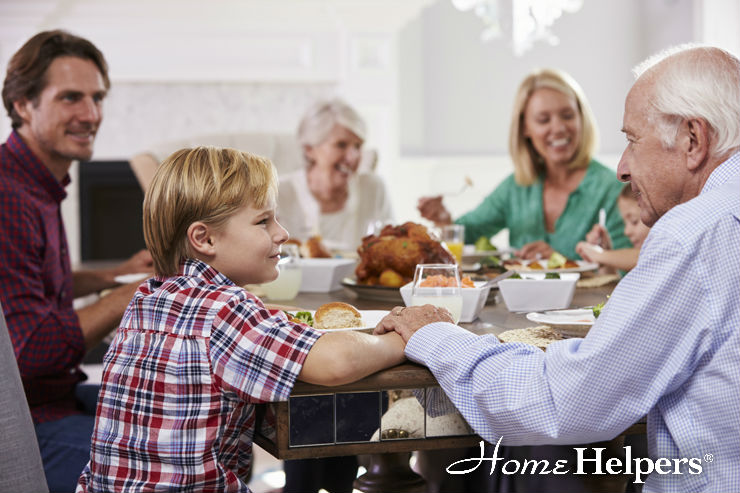Recovering from any kind of surgery can be a challenge, but if your friends and family who could help you don’t live close by, you may be having to recover on your own. Here are some tips to help make that recovery process easier, whether you are the patient, or you have a senior loved one who is the one recovering. The main goal, of course, is to get back to normal as quickly as possible!
Things You Should Do BEFORE the Surgery
One thing that is critical for a good recovery is making sure you get things in order before the surgery even takes place. This is especially important if your surgery will impact your mobility or require physical/occupational therapy afterward. You’ll want to make sure your bedroom is set up so that you can get to the things you need easily, etc.
Here are some tips to help set yourself up for success:
- Do your shopping ahead of time. If you have an idea of how long you will be off your feet, shop accordingly so that you have plenty of food, as well as convenient choices that are easy to prepare. Think of it like you would storm prep—non-perishable food items, plenty of bottled water near your bed, easy snacks, etc.
- Make sure critical items are easy to reach. Take the time to think of the things you reach for most often throughout the day and have those items within easy reach. These items might include things like your remote control, medication, eyeglasses, water bottles, etc. Having these items out within easy reach, rather than in a drawer, will help you.
- If you will be having physical therapy or home health nursing, make room for it.Remove rugs and other hazards that could cause a fall, and make sure you have clear walking paths. If you are using a walker, make sure furniture is set up in such a way that you can navigate freely and easily.
- Create a clean environment. Be sure to do housecleaning ahead of time so that you have an environment free of dust, mold or mildew, and even strong cleaning products. It’s better to use gentle ingredients to clean, such as vinegar and water, mild dish soap, and baking soda. This will allow you to breathe easier and that will definitely aid in your recovery time!
Items You May Need During Recovery
Following are some items you might want to keep nearby while you are recovering:
- Hand Sanitizer. Keeping your hands clean is imperative! Never change bandages unless your hands have been properly cleaned. Hand sanitizer will help reduce the risk of infection.
- Easy Clothing. Wear loose-fitting comfortable clothes that you won’t mind lounging in, and will not sit tight against your skin or near incisions.
- Easy Meal Ideas. Frozen food that is prepared ahead of time will be very helpful. Salad kits, non-perishable food and snacks are all great ideas. Also, be sure to eat plenty of fiber.
- Entertainment. Have plenty of good reading material, movies, and puzzles or games you can play on your cell phone or tablet or computer. This helps to pass the time during recovery!
- Filled Prescriptions. Fill any prescriptions ahead of time when possible. If not, have a friend or relative who can pick them up for you straight away after surgery so you can get in bed as soon as possible. This goes for over-the-counter meds as well. Adding a fiber supplement will help reduce constipation, which happens easily when you are immobile for extended periods of time.
- Water. Drinking a lot of water or other clear liquids, such as chicken broth or hot green tea, will help flush anesthesia and other drugs out of your system. It will also help you recover energy and improve pain control.
Specialized Home Help After Surgery
If you’re still concerned about taking care of yourself after surgery, Home Helpers Home Care can also provide one-on-one care for you. Home Helpers caregivers can assist in the following:
- Meal preparation
- Transportation to and from doctor’s appointments or physical therapy
- Medication reminders
- Getting dressed
- Bathing
You can adjust these hours and services according to your needs until you are ready to live life normally. For more information, contact us.
Home Helpers of Canton is a locally-owned, trusted home health care agency and offers quality, compassionate senior in-home care services including home care assistance, personal care, companion care, respite care, 24-hour care and live-in care, Alzheimer’s & dementia care, Parkinson’s care. post-operative home care as well as homemaker services in Akron, Alliance, Aurora, Brewster, Brimfield, Canton, East Canton, East Sparta, Hartville, Jackson, Kent, Louisville, Mantua, Massillon, Minerva, Mogadore, Navarre, North Canton, Randolph, Ravenna, Streetsboro, Suffield, Tallmadge, and Waynesburg, Ohio.
Legal Disclaimer
This blog provides general information and discussions about medicine, health, and related subjects. The words and other content provided in this blog, and in any linked materials, are not intended and should not be construed as medical advice. If the reader or any other person has a medical concern, he or she should consult with an appropriately-licensed physician or other healthcare workers.
Never disregard professional medical advice or delay in seeking it because of something you have read on this blog or in any linked materials. If you think you may have a medical emergency, call your doctor or 911 immediately.
The views expressed on this blog and website have no relation to those of any academic, hospital, practice or other institution with which may have been mentioned or linked to in the article.


